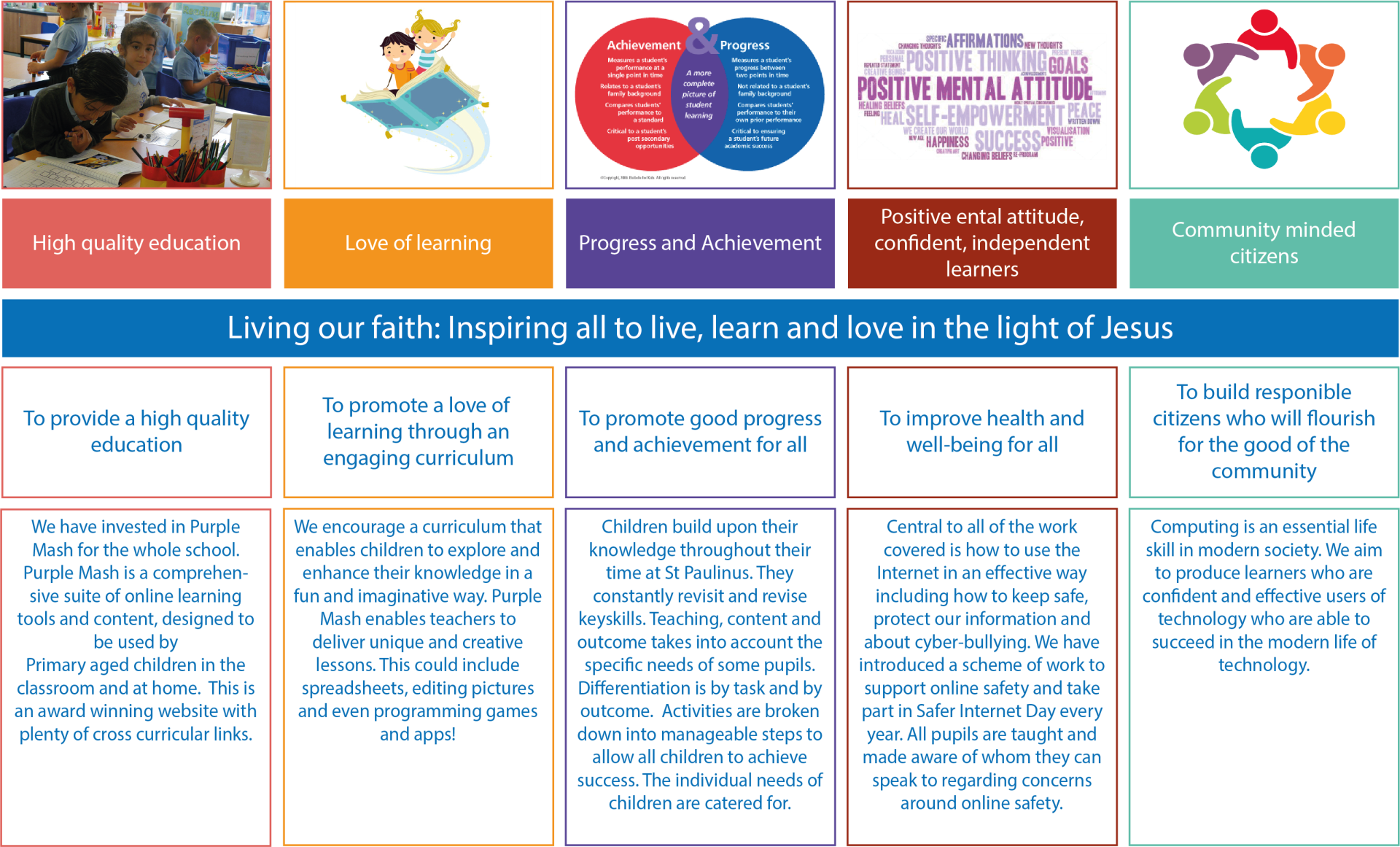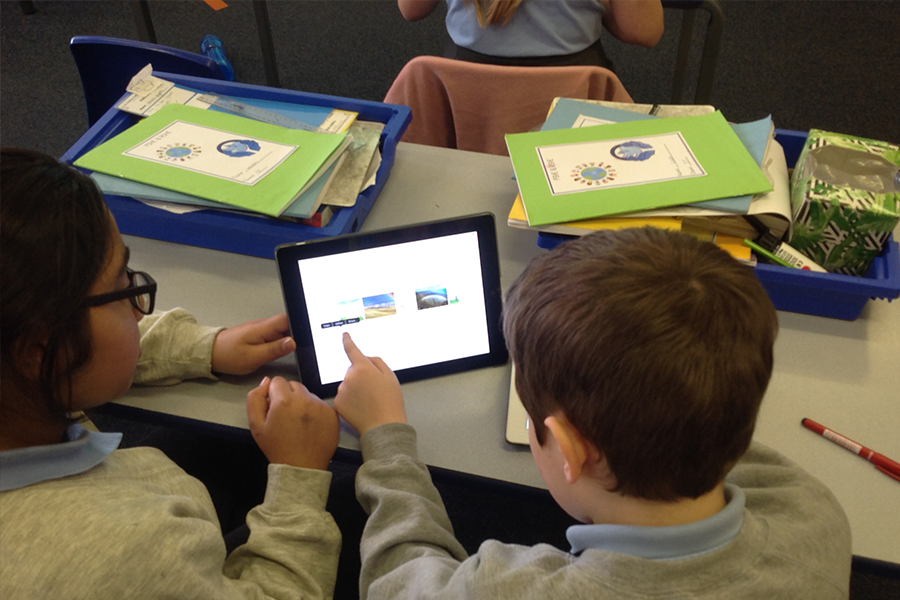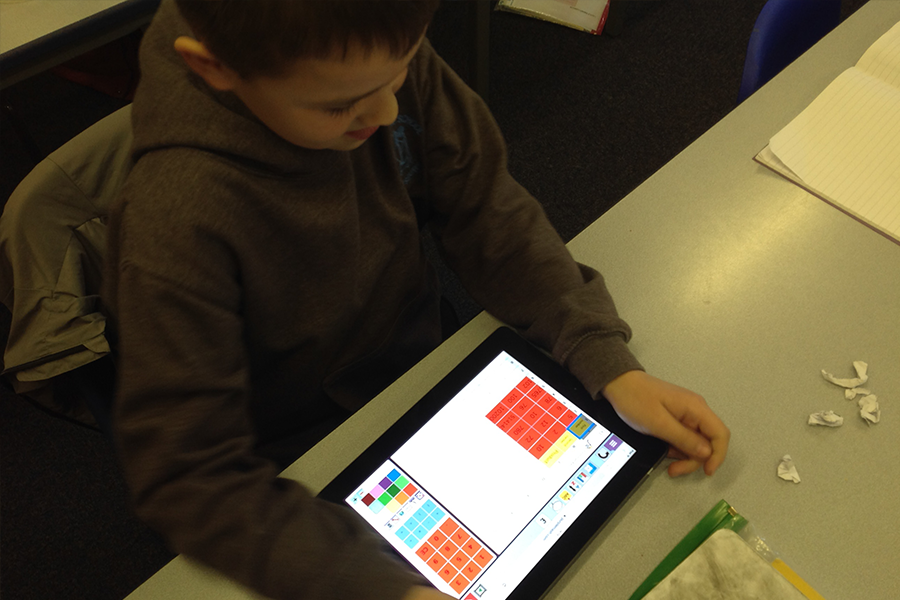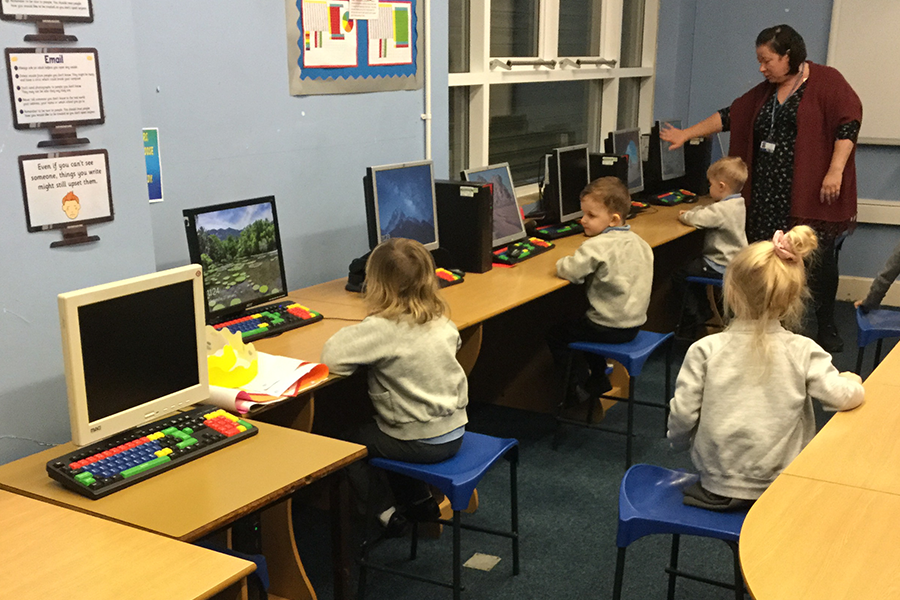St PaulinusCatholic Primary Academy
Inspiring all to live, learn and love in the light of Jesus
We are proud to work with all the Catholic schools across our two local authority areas, particularly as the Trust grows and benefits from the expertise and knowledge that other schools joining in the future will bring.
Visit UsComputing is an essential life skill in modern society. Our aim is to produce learners who are confident and effective users of technology. We believe that all pupils have an entitlement to the Computing curriculum regardless of gender, disability, ethnicity, social class or special learning needs and we will ensure that our provision meets the needs of all learners. We recognise that technology has the ability to motivate and enthuse pupils, to enable them to work individually, co-operatively and collaboratively and to develop perseverance and flexibility and we will plan opportunities for pupils to develop these skills. Our aim is to ensure that all pupils achieve high standards in Computing and to develop the knowledge, skills and understanding required to become confident and competent users of technology.
At St Paulinus we follow the national Curriculum, which clearly identifies the aims Computing as:
The curriculum covers three core themes:
Computer Science (CS); Information Technology (IT); Digital Literacy (DL)
Key stage 1 Pupils will be taught to:
Key stage 2 Pupils will be taught to:
Children have weekly lessons in Computing throughout their life at St Paulinus as well as using of technology through cross-curricular work.
The programme of study for each year group builds upon previous knowledge year on year and through the academic year. It is organised in such a way that the children revisit and revise key skills as they go through the school allowing them to gain confidence.
The curriculum is taught to all pupils and relevant and appropriate methods such as differentiation, scaffolding, pre-teaching, shorter lessons or supportive resources is given to pupils who may need it, including those with Special Educational Needs.
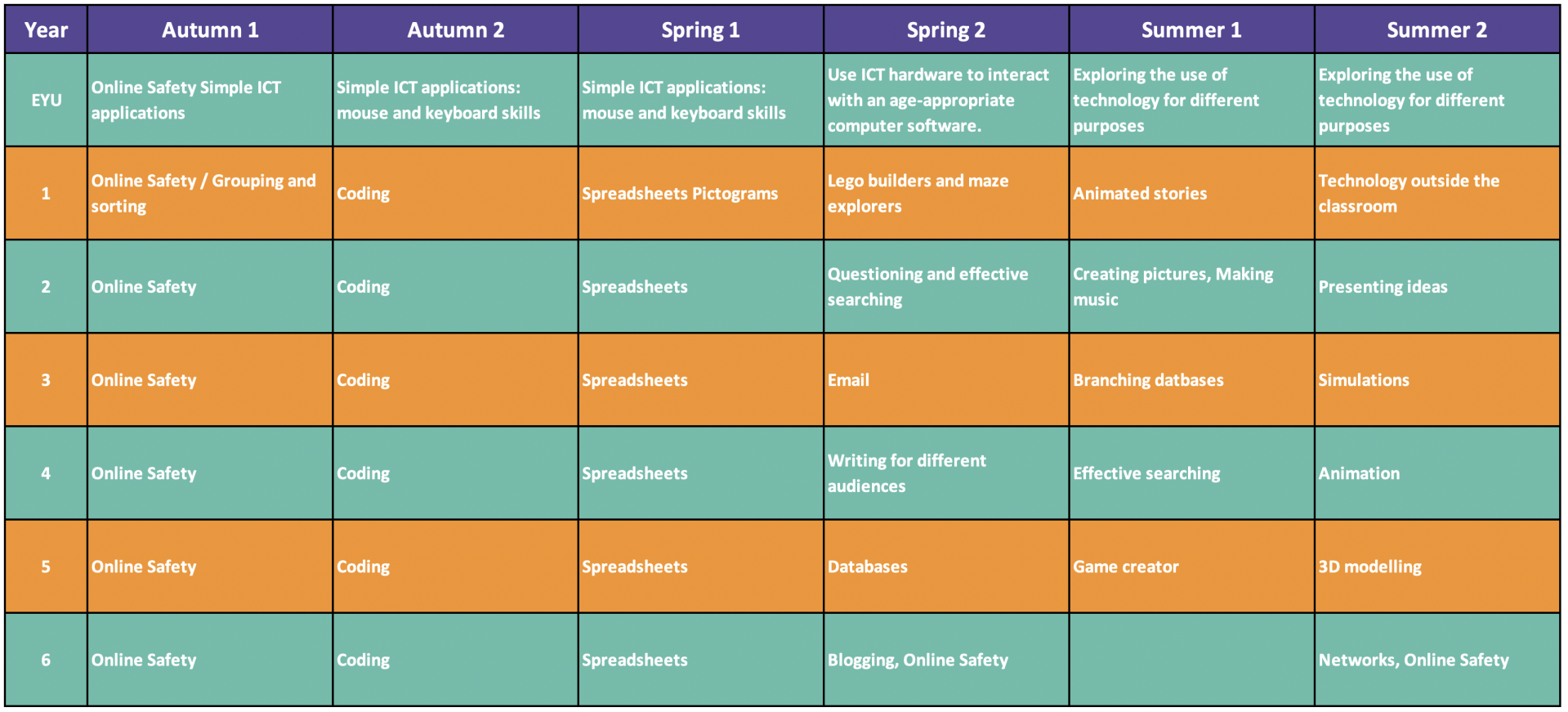
Early Years Foundation Stage
In the Early Years Foundation Stage Computing is part of Knowledge and Understanding of the World. Computing is planned across the continuous curriculum, is included in other areas of learning and throughout the learning environment. Foundation Stage children experience Computing in its widest sense, exploring the use of technology for different purposes using a wide range of technologies including: electronic toys in role play settings; programmable and remote controlled toys; digital cameras and computers. Technology is also used in the outdoor learning environment. Children begin to explore simple applications, mouse and keyboard skills.
Key Stages 1 and 2
The school has developed a scheme of work for Computing, which ensures that all pupils receive the statutory entitlement as described by the Computing programme of study in the National Curriculum.
Children will learn skills across a range of topics including coding and programming their own games and apps! There is also opportunity for them to develop and refine other computer life skills such as typing, word processing, data handling, creating and editing pictures etc. Central to all of the work covered is how to use the Internet in an effective way including how to keep safe, protect our information and about cyber-bullying. We have introduced a scheme of work to support online safety take part in Safer Internet Day every year when we have a day off timetable to concentrate on Internet safety.
All Children have weekly access to our ICT Suite where they can develop their creative computing skills to help them make their own games, animations, create comics, compose music and more!
Although many lessons are taken in the ICT suite, Computing lesson can involve unplugged (without computers) and outdoor learning, as children understand the concepts and the use of technology for different purposes.
Work in subject lessons is also supplemented by the use of technology through cross curricular work using iPads.
Children have the opportunity self and peer assessment and are formally assessed after each unit using formative and summative assessment as appropriate. They are involved in keeping their own record of their computing skills using ‘I can’ statements. Next steps for learning are shared with pupils so that they know how to improve. Each child keeps a portfolio of their work either on the school server or learning platform, which shows their progress in the three core themes of Computing.
